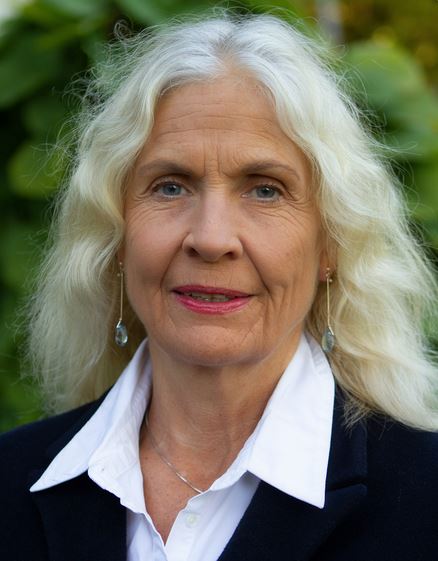In my view... Anna Stavdal
 Español 中文
Español 中文
Dr Anna Stavdal, WONCA President elect writes:
Over the past months I have visited many colleagues and their practices in many WONCA regions. The vast diversity within our global professional community is striking - culturally, economically and climatewise.
The more I learn, the clearer it gets: what we share goes far beyond any potential differences, such as the physical practice conditions, remuneration schemes or living standards of the populations we serve. We share the core values and we aim to deliver continous, comprehensive and personal care.
In the current global health policy dialogue, there is a common understanding that primary care is the cornerstone of health care and hence a prerequisite to achieve the goal of Universal Health Coverage. But is it fully understood? How can we assert that as a fact?
High quality primary care means strong multiprofessional teams, including the trained family doctor in a key position. Ian McWhinney, the late Canadian family medicine champion, claimed that ‘family medicine is the only discipline to define itself in terms of relationships, especially the patient-doctor relationship.’ The late Barbara Starfield, researcher and professor, provided us with evidence showing that a good long-term personal relationship with a freely chosen primary care doctor not only increases the individual’s health, but also the population`s as a whole.
In April 2019, a research paper published in the
British Medical Journal supported these findings. It compared a number of high-quality scientific articles on what we call ‘continuity of care.’ Close to 82% of respondents confirmed that the quality of ongoing doctor-patient relationships affects mortality rates. The better the individual’s relationship with their long-term doctor, the lower their mortality rate from all causes of death, regardless of cultural or geograpgical context.
Trust is key. A patient is more likely to follow someone’s advice if he trusts them – and is also more likely to share information that he wouldn’t volunteer to a stranger. This information helps the doctor to tailor measures to the individual. And lots of healthy individuals make for a healthy community.
Comprehensive medical care is more than adding up ‘the sum of fragments of organ specific medical knowledge’. Biographical data, in a broad sense, is significant in diagnosing and treating in the family medicine setting – basically nothing the patient presents us with is irrelevant. Maybe this is why conditions such as chronic fatigue, medically unexplained physical symptoms, fibromyalgia and irritable colon belong in family medicine. On a practical level, our task is comprehensive when we act as coordinators and guides for our patients into, and within, the health care system.
So, we know that the core values of family medicine, expressed in the personal relationship between patient and doctor over time, have impact on health outcomes. Still, we are driving health care towards fragmented specializations. The internationally acclaimed scientist and professor of medicine, Arthuro Casadevall, believes that specialisation is harmful. By making doctors more specialized, everyone is digging deeper into their own specialism and rarely standing up to look over into the next trench.
Hyperspecializing within medicine has produced a series of really important breakthroughs and innovations. But we also face some serious downsides. The fragmentation of healthcare makes it hard to navigate the system as a whole, and digitalization puts up barriers to personal interaction. The untamed forces of the market are reinforced by these trends - and play on our fears of mortality and on our quest for a long and healthy life. When we are offered a brand-new product, which promises to sooth our fears and put us back in control of our health, most of us are more than willing to pay.
We hold the evidence and we experience it in our everyday work. But we need to make sure that politicians and policy makers also are familiar with how personal, comprehensive and continuous medical care should be the basis on which health systems are planned and implemented.
As doctors and patients the evidence should encourage us to put energy back into building relationships. We need to aim for long-term understanding between patients, family doctors and community-based nurses. Value based service is the hallmark of family medicine. And it means better health outcomes for the populations of the world.